Dhaka, Oct 16 (V7N) — As Bangladesh wakes up to a new day, it does so under a haze of swirling rumors—claims of a U.S. warship stationed near Kutubdia, reports of three ports allegedly handed over to foreign control, and speculation that Chief Adviser Dr. Muhammad Yunus will not return to the country. A closer examination by official and military sources reveals that most of these sensational narratives are baseless or exaggerated. However, genuine developments—such as arrest warrants issued by the International Crimes Tribunal and subsequent military cooperation in detaining the accused—have created a complex mix of verified facts, misinformation, and heightened political tension.
Verified Facts:
The International Crimes Tribunal of Bangladesh has officially issued arrest warrants in three cases related to crimes against humanity. According to Chief Prosecutor Tazul Islam, responsibility lies solely with individuals directly involved in disappearances and killings, not with the armed forces as an institution. The Chief Adviser’s Press Secretary confirmed that no additional warrants will be issued, indicating that the government aims to contain the issue within legal and procedural boundaries.
Official sources have also confirmed that several of the accused are currently in custody, with one officer on pre-retirement leave. The arrests reportedly took place with the cooperation of the Bangladesh Army, showing institutional compliance with judicial orders rather than internal dissent.
False or Unverified Claims:
The claim that a U.S. warship has taken position near Kutubdia remains unverified. No naval or diplomatic announcement supports such an assertion, making it a clear case of misinformation. Similarly, allegations that three major Bangladeshi ports have been fully transferred to foreign control lack documentary evidence or government acknowledgment.
Rumors about Dr. Yunus not returning to the country are based on speculative political commentary rather than any confirmed statement from the Chief Adviser himself. Reports of unrest or mini-coups inside military cantonments also appear to have originated from social media content, much of which is AI-generated or digitally manipulated.
How Rumors Spread:
Misinformation has been amplified through social media platforms using AI-generated images, fabricated videos, and unverified audio clips. Coordinated online networks, including anonymous and foreign-linked accounts, have been found promoting conspiracy-driven narratives. These posts, often emotionally charged, recycle one another’s content, turning minor or nonexistent incidents into viral crises.
Military and Political Context:
Analysts note that certain actors appear intent on undermining the army’s chain of command by spreading stories of internal fracture. However, no credible evidence supports claims of mutiny or major instability within the military. Observers also warn against broad assertions about a so-called “deep state” influencing the Tribunal’s decisions, as such claims require substantiated proof rather than inference from political developments.
Accusations of foreign interference—particularly concerning India—have resurfaced in public discourse. While diplomatic engagement and intelligence coordination between neighboring nations are routine, direct evidence linking India or any other state to destabilization efforts remains absent.
Statements and Clarifications:
Chief Prosecutor Tazul Islam stated, “The guilt lies solely with those directly involved in enforced disappearances and killings. No institution should be blamed as a whole.”
The Chief Adviser’s Press Secretary noted, “The government does not plan to issue further arrest warrants.”
Dr. Yunus, in his remarks to international media, expressed concern over misinformation spread by Indian outlets and remarked humorously about being labeled a “Taliban,” adding, “I have no beard; I left it at home.”
Analysis and Outlook:
To prevent further confusion, coordinated transparency among the government, judiciary, and military is essential. Rapid fact-checking and prompt public clarification should be prioritized to counter misinformation before it spreads. Failure to control rumor-driven narratives could erode public trust and intensify political uncertainty.
Externally, Bangladesh’s ability to maintain balanced diplomacy amid shifting regional interests will depend on how effectively it communicates verified information to the global community. Domestically, the media and civil institutions must play a decisive role in preserving factual integrity.
Voice7 Editorial Note:
A national verification task force, comprising journalists, human rights experts, military representatives, and digital analysts, should be established to monitor and debunk viral misinformation in real time. The media is urged to avoid publishing unverified claims, especially when dealing with military or international security issues.
END/SMA/AJ/



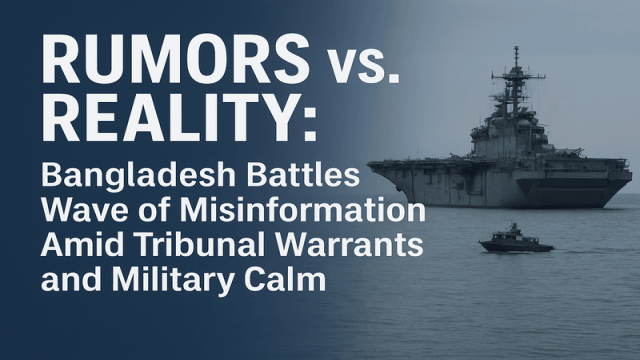





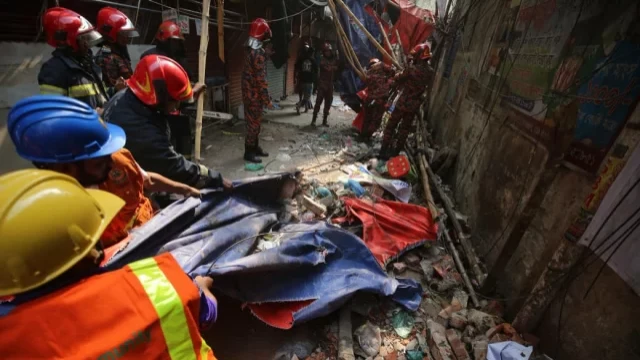
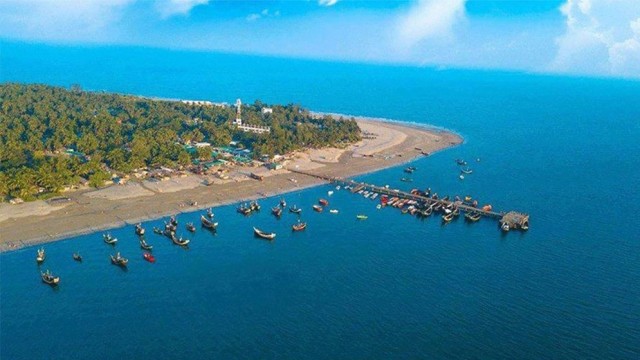
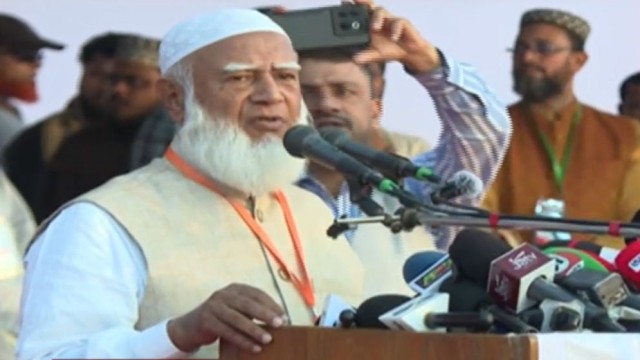
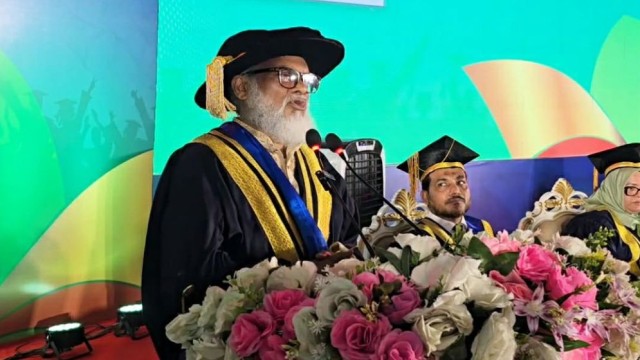
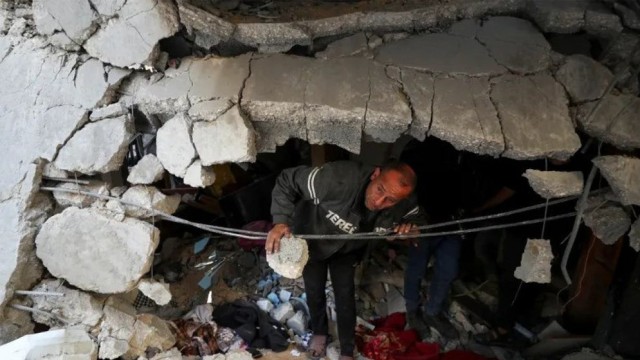
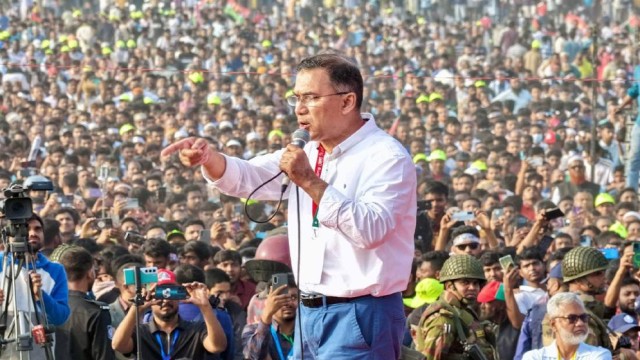
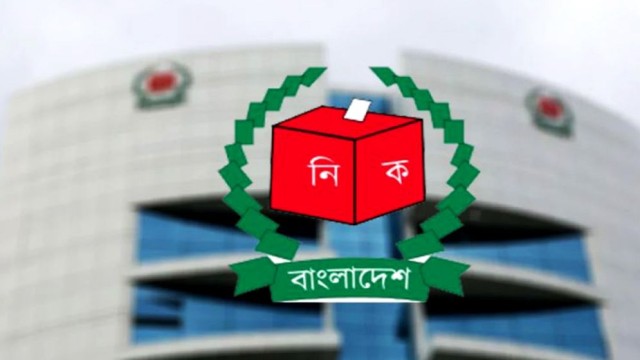
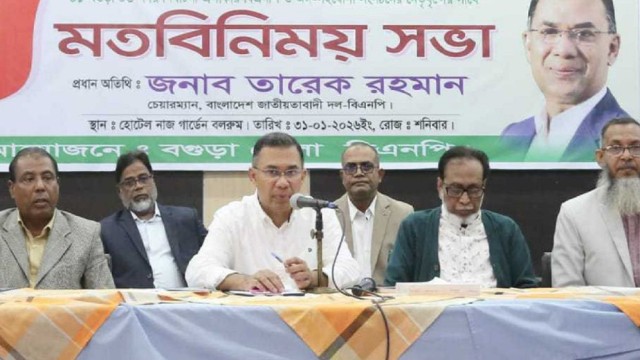
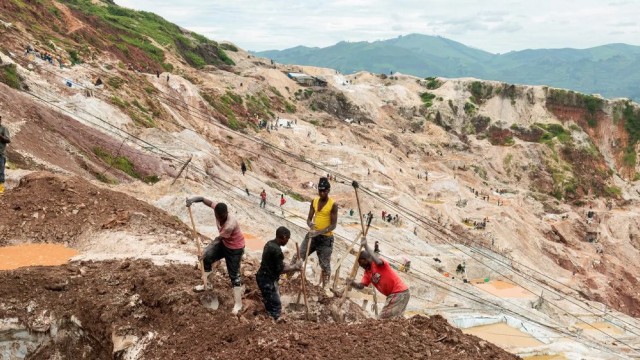
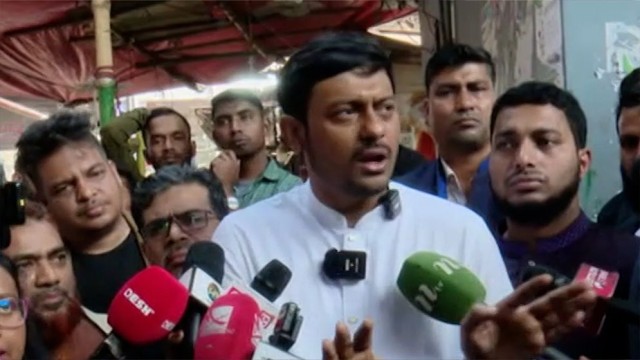
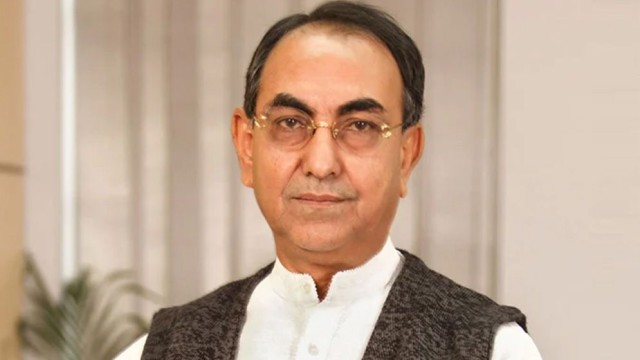



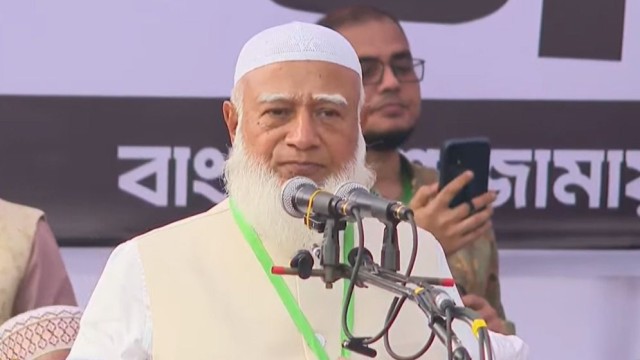

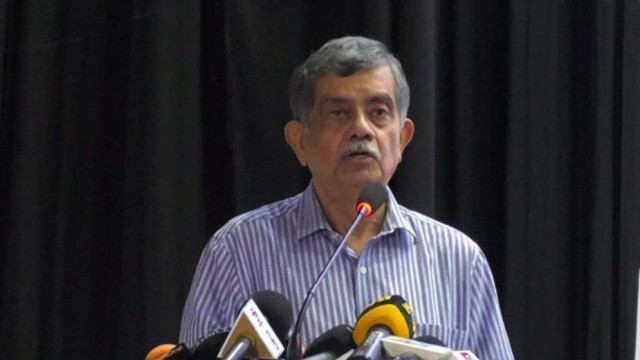
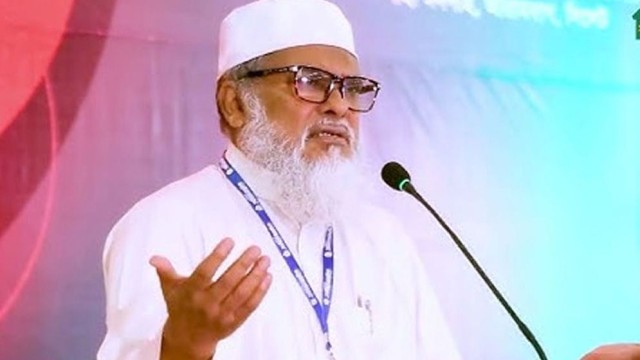
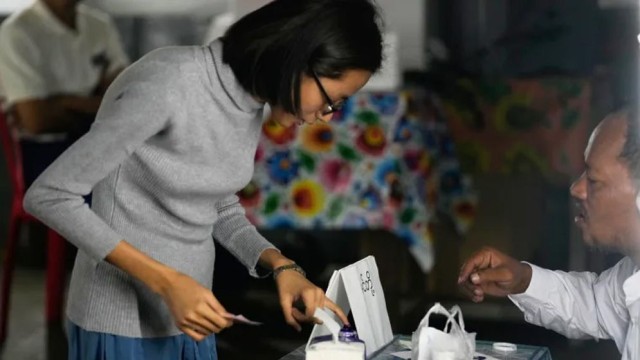
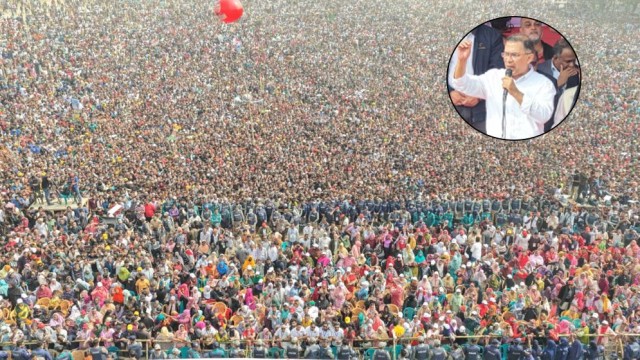
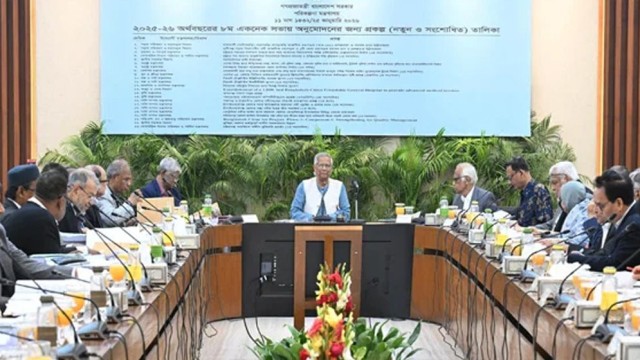
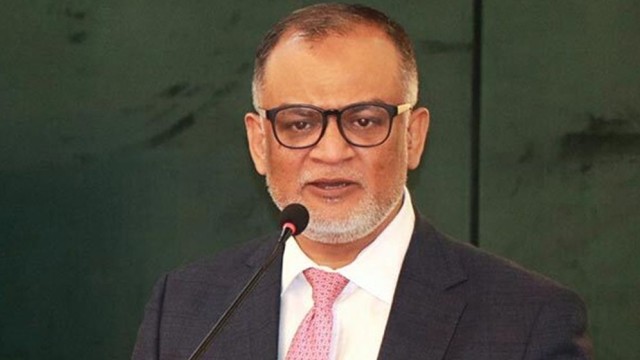
Comment: